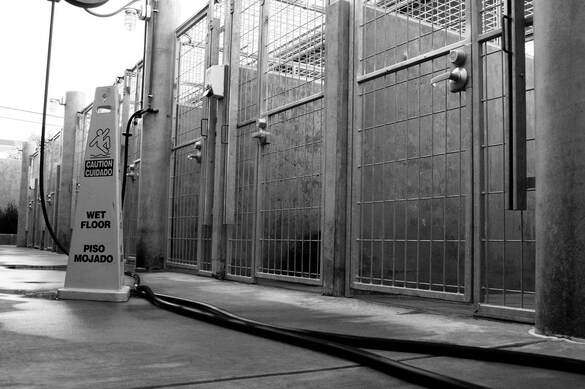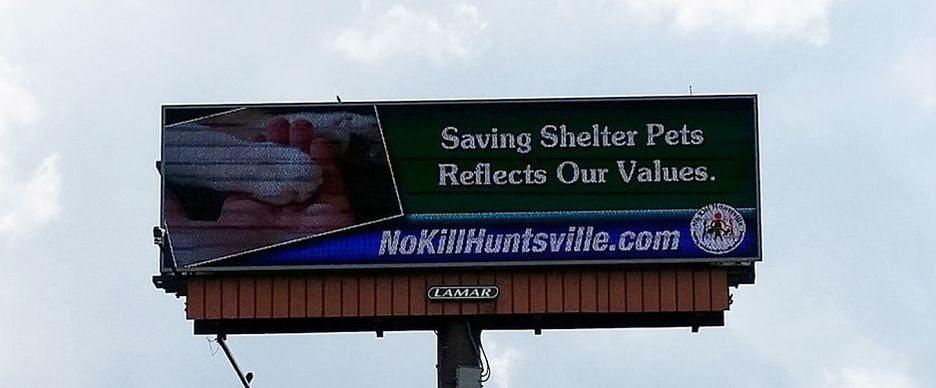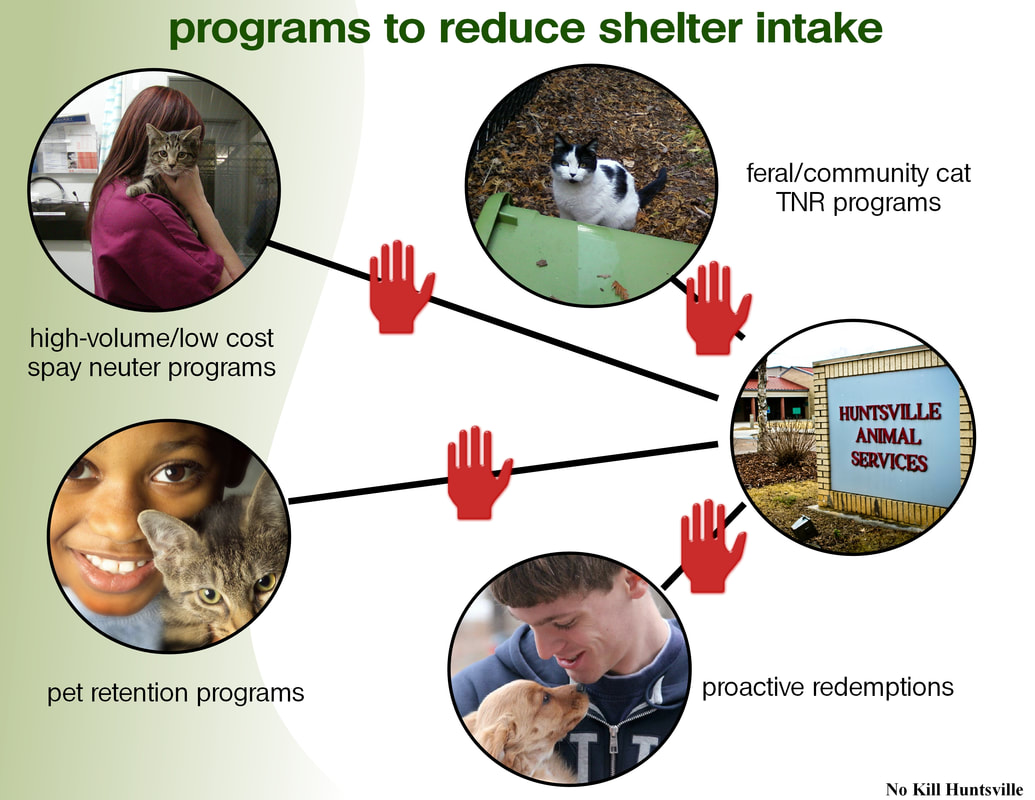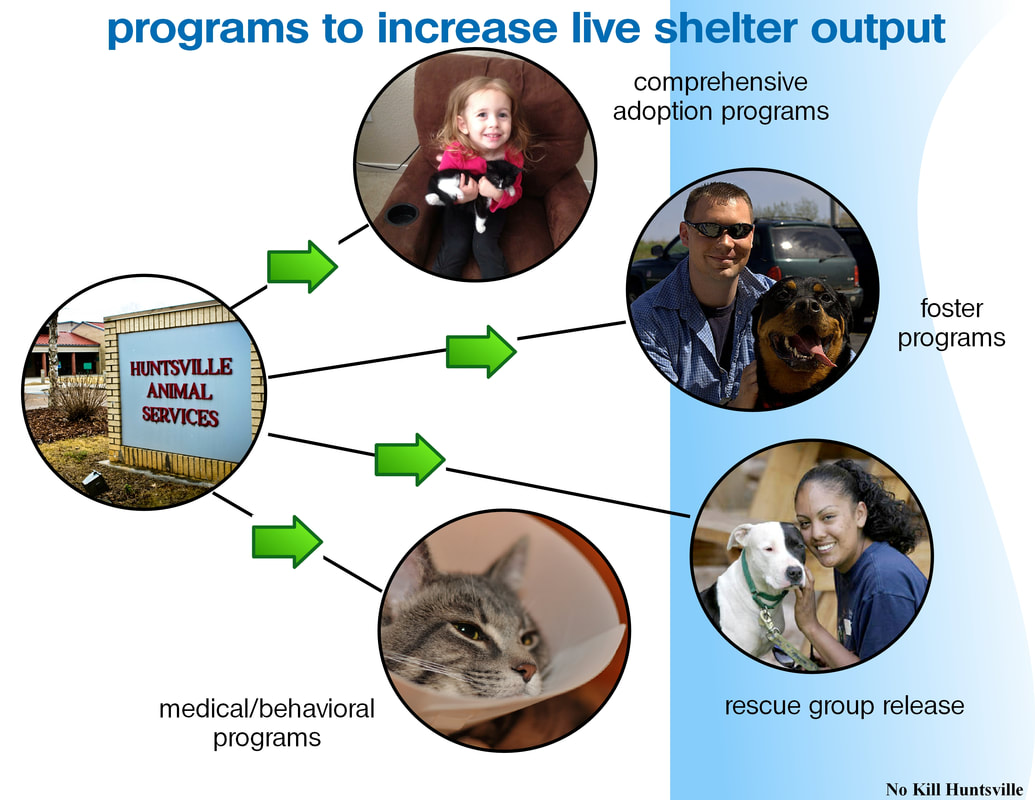|
It has been said that if we do not learn from history, we are bound to repeat it. It has also been said that in order to learn from history, it must be factually accurate. When we modify the sequence of events which transpired to get from Point A to Point B, we more often than not will learn the wrong lessons. These statements are universally true regardless of the subject to which we apply them. They take on particular importance in the animal welfare movement and more specifically, in the No Kill movement. The reality is that advocating to save the lives of healthy and treatable animals can be incredibly difficult even if it should not be. The concept seems pretty simple, right? We want to keep healthy and treatable shelter pets alive and do not want our tax dollars or donations used to destroy them. On the surface this may seem like a universally accepted position. The vast majority of Americans think it should be illegal for animal shelters to destroy animals who are not suffering or who are not genuinely dangerous. I have never met a person who has said, "I want my money used to kill animals in need instead of keeping them alive." The concept itself may seem simple on the surface, but putting it into practice is something else entirely. Americans have been housing animals in places we call "shelters" for over 100 years and have been destroying healthy and treatable animals for as long as anyone can remember. Although the number of animals destroyed in our nation’s shelters has declined greatly in the last 40 years, we still kill healthy and treatable animals by the millions. This Orwellian practice is not at all in keeping with our cultural values about companion animals even though many people have come to accept it as some unfortunate reality. We are told that animals die in shelters because we just have too many of them, a statement which is completely untrue. We are also told that animals die in shelters due to the "irresponsible public" who treat animals as if they are disposable and who refuse to spay and neuter pets to keep them from reproducing. There are people who are irresponsible and should never have pets at all, but it is completely illogical to blame the public for the fact that animals die in shelters while at the same time expecting that very same pubic to make better personal choices, adopt animals and foster animals. This whole calcified mind set of "oh well, we just can’t save them all," has led to a culture in which the destruction of perfectly healthy and treatable animals is somehow tolerable and that shelters are given a free pass for performing some bizarre public service which is unavoidable. When those shelters are operated by municipalities, or on behalf of municipalities, the amount of time and energy expended to defend the killing can be quite mind boggling. I first introduced Huntsville city officials to No Kill philosophies in late 2008 at a time when three out of every four animals entering the shelter were destroyed. My personal efforts failed. The shelter director is a veterinarian. The mayor never said as much, but my impression is that he had complete confidence in his department head and was sure that she would not destroy animals needlessly. The mayor’s chief of staff once told me in an email that there was no greater champion for animals in our community than the shelter director. She may have taken an oath to use her "scientific knowledge and skills for the benefit of society through the protection of animal health and welfare," but she was still killing healthy and treatable animals by the thousands. In early 2012, I decided to form an animal welfare advocacy group (which is essentially a political advocacy group) called No Kill Huntsville. The members of our coalition had spent years working independently of each other to bring about change in the region and had failed. The time had come to join forces and work together to speak with one voice. We spent most of our first year as a coalition conducting research and interacting with successful No Kill shelters and communities across the country. We knew we would have one first chance as an organization to convince city officials that Huntsville could become a No Kill community and the destruction of healthy and treatable animals could end. In early 2013, the city was offered help from subject matter experts in order to do better and learn more about how proven No Kill programs could be implemented by the shelter. Although we would have paid for the help and it would have cost the city nothing but time, the help was refused. The city's position at that time was that the shelter was doing a beautiful job and doing all it could to save lives - even when the live release rate was just over 40 percent. We first took this issue to the public in the summer of 2013, having reached the conclusion that city officials were satisfied with how the animal shelter was operating and feeling like we had hit a wall in terms of diplomatic efforts to get the city to change on its own. We believed it would take public pressure and demand to force the city to reconsider spending money on death rather than on life. It was after we took the subject to the public in very visible ways and on an ongoing basis that things began to change. There will always be a degree of dispute about exactly what led to the progress we now see. There have been many factors involved in this process, not the least of which is the arrival on the scene of a new City Administrator who told us in early 2014 that he supported change and that he too wanted the city to save the lives of all healthy and treatable shelter animals. He was, and still is, the key to holding the shelter director accountable for her actions and inaction. We have met with him numerous times over the years to share our research, to applaud progress and to encourage the city to fine tune programs and operations in order to fully embrace the elements of the No Kill Equation (which he once laid out as a drawing similar to the Parthenon). The path taken to get to this point, and the particular struggles faced along the way, are not directly relevant to us here in Huntsville now that we have "arrived" for the most part. But those facts are entirely relevant to communities outside of this one which may look to our progress and wish to replicate it themselves. We do a disservice to those places if we behave as if our progress here was achieved by reaching across differences, finding common ground and all working together to seek a newer and better future. Yes, this community has achieved tremendous success. But it took years longer than it would have taken had the city simply decided to act on its own many years ago and without the necessity of a group like ours to demand accountability from the city, a process which has taken a great toll on everyone involved. There were literally years when we were both advocating for reform while fending off opponents seven days a week. Some of the most hostile opposition came from shelter employees, shelter volunteers and even leadership of otherwise well-respected rescue groups. While we took painstaking efforts to keep our communications diplomatic and respectful, focusing on municipal accountability and not on individual people, those who opposed our mission did not. Opponents engaged in personal attacks, the low point of which was a hate page on social media which included juvenile and defamatory content. The page was supported by and commented on by the shelter director, a veterinarian who earns a 6-figure salary and who is a public servant. I ultimately filed a formal complaint with the city about her conduct being unbecoming a city employee and in violation of city policies. The hate page was deleted some months later with the help of the City Administrator after we deduced the identity of the shelter employee who created it. Huntsville is getting a lot of attention these days across the country as a result of the progress made at our municipal animal shelter. People who live and work here are thrilled with the progress, as they well should be. Shelter animals are now safer here than they have ever been in the history of the community as save rates have reached and then exceeded 90% of all shelter intake. Huntsville is being referred to as an example of what can happen "in the south" with a shift in focus and using the compassion which exists in an animal loving community. The city has yet to make a public declaration of intent that healthy and treatable animals are no longer at risk here moving forward, regardless of the circumstances we may face. I hope a day will come when the city does just that; there is really no good reason to avoid making the commitment to a standard which has already been achieved. We were told by the city administrator recently that no healthy and treatable animals have been destroyed for space in almost three years. For all of our applause of the city for the progress which has been made, the reality in our community is that this process has been a struggle and did not come easily. If you have been told or have heard a version of the history which led to this progress and the story begins with the City of Huntsville voluntarily making sweeping changes, you have been told a history which is devoid of facts and which has been sanitized. If you have been told that a consulting group called Target Zero was the key to change in this city, I would dispute that as well. The portion of the history which involves Target Zero is the subject of another blog and I will not recount the events there. The short version is that Target Zero came on scene for a short period of time after numerous changes had already been made and has since departed as the members of my coalition continue to work with city officials and keep the public engaged. Target Zero is now marketing itself using Huntsville as an example of what it can do in other communities. I find this deceptive as long as only part of the story is told. I think it is possible people will be misled into believing they can replicate the progress made here simply by hiring a consulting organization which is backed by influential people and organizations which support Target Zero financially. This rewriting of history has occurred related to other locations like Reno and Austin and it is not uncommon in this social movement. Perhaps it just makes a lot of people uncomfortable to think about some of the more unpleasant parts of those stories which relate to conflict and struggle. Perhaps it is easier to make it sound like there was opposition now that so many lives are being saved. That opposition is difficult to defend now and our most hostile critics have gone silent. We know we have had a role in the history here and firmly believe that but for our advocacy, little would have changed here. We didn't have the advantage of funding from outside sources or a national platform to stand upon. Although some funding would have helped, we had what we needed most: determination to bring change to an area and a commitment to see the process through, no matter the personal cost. Make no mistake - this is not about credit. We have always said that we seek to become irrelevant as a coalition not because we are being ignored, but because we are no longer needed to be boat rockers for community change. We have sat silently on the sidelines while others have taken credit for the changes which have been made here and we plan to continue to do just that. Why? Because we know what we did and we know that our efforts led to the tipping point which allowed change to happen. This is not at all about people and patting each other on the back and it is very much about saving lives. But this is also about being honest about our history here so that others can learn from it and perhaps avoid some of the conflict we endured. Much of what took place here was unproductive and led to a higher body count.
A time will come in the history of our country when all municipal shelters are No Kill shelters and all communities are No Kill communities because that is what the public wants and will demand. I encourage any community which is looking at the progress in Huntsville, Alabama, to take proactive steps to get ahead of this issue and make change voluntarily. Listen to the advocates and animal lovers who come to you with ideas, enthusiasm, research and help. They often know much more about the subject than you may imagine and it is likely they are networked with subject matter experts who can guide and help your community to achieve change not in years but in weeks or months. Invest your time and focus into doing what is right so that energy is spent not on struggle and conflict, but on saving the lives of the animals we say we love and value.
1 Comment
Barbara Makris
8/14/2017 10:33:32 am
Thank you for an excellent article and for doing all that you have done to further No Kill shelters. I recently (last weekend) was made aware of a shelter in Mississippi that does not allow the public to see any dog until the dog has been in the shelter for 10 days! Someone had seen a dog at that shelter and drove there to see/meet the dog but was turned away at the door. The poor dog is still at that shelter as I type, several people want to adopt, but access to the shelter is nil. Unbelievable and not acceptable. How I wish your group could reach out to this particular shelter and do a bit of educating.
Reply
Your comment will be posted after it is approved.
Leave a Reply. |
AuthorI am an animal welfare advocate. My goal is to help people understand some basic issues related to companion animals in America. Awareness leads to education leads to action leads to change. Archives
July 2024
Categories
All
image courtesy of Terrah Johnson
|







 RSS Feed
RSS Feed